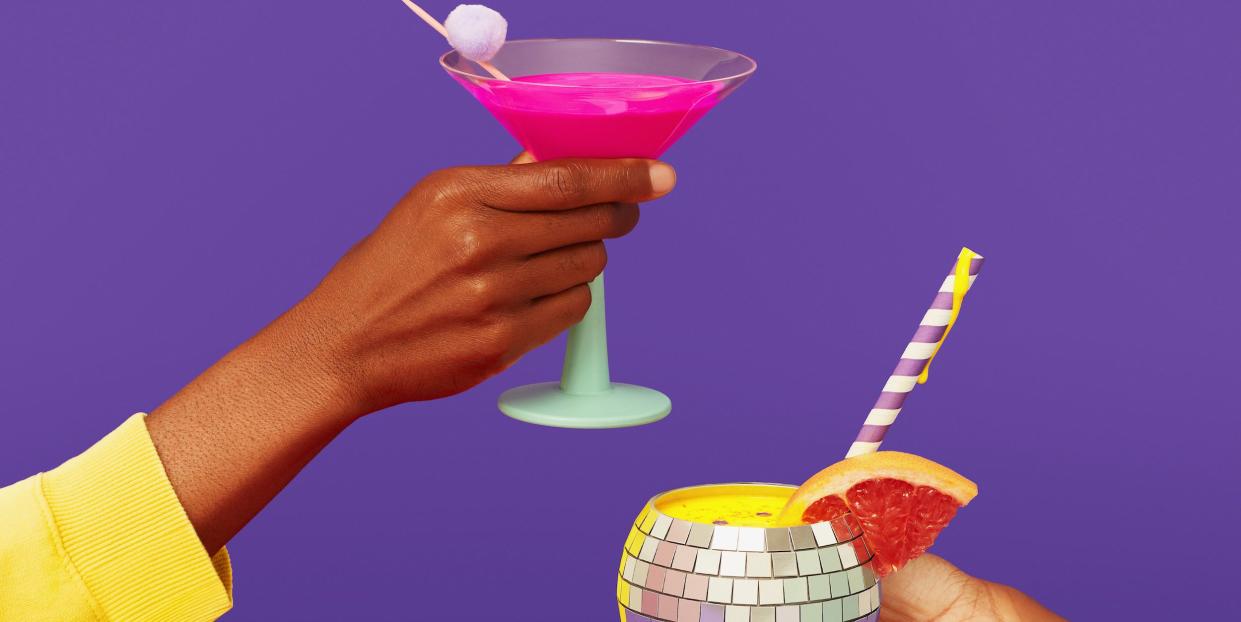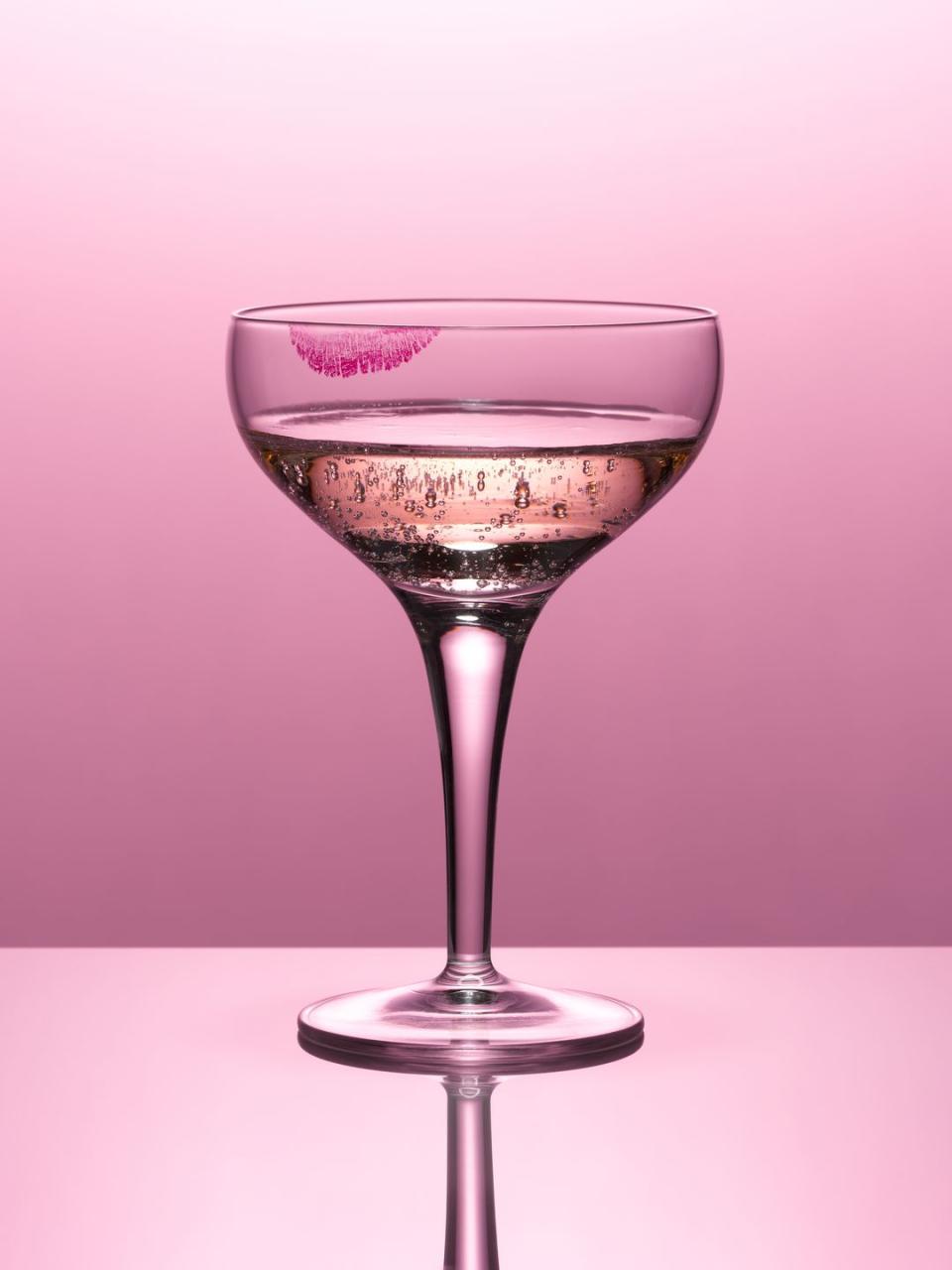Can you actually build a 'tolerance' to alcohol?

As Christmas approaches, although this year will be very different on the party front due to coronavirus restrictions, it's possible you'll still be enjoying a few glasses of Prosecco at some point over the festive period. (Or maybe you've used lockdown to explore sobriety or mindful drinking, in which case may we direct you to our top non-alcoholic drinks round-up?).
However, back on the booze front, one question we've always pondered (especially around this time of year) is whether or not there's such a thing as building up a tolerance to alcohol – and by that we mean, why is it that on some days you can happily sip a couple of glasses of wine and feel relatively sober, but on others two chardonnays will see you attempting to do the splits while drunk-dialling your ex? Is it because you're 'out of practice' when it comes to drinking, or is there another reason?
According to Priory addiction expert Dr Niall Campbell, a lot of it can be down to what you've eaten – or not eaten – that day. "People will get more drunk on an empty stomach, and how drunk you get depends on the concentration of what you drink and the size of the glass it comes in," he explains. "Alcohol strength in drink ranges [for example, when looking at wines and champagnes] from say 7% in Asti Spumante (a sparkling wine) to 11% in something like a Prosecco to 14% or more in some Shiraz or Chilean Merlots."
He added that your mood and weight also has an impact. "Body weight also comes into play, and mood, when it comes to getting drunk. Psychologically you're likely to drink more if you are in company and feeling merry, and you'll probably forget how much you have had, or certainly under-estimate it."

On the tolerance front, when asked whether or not that's a myth, Dr Campbell told Cosmopolitan: "Tolerance only really applies to those drinking heavily and consistently. They build up 'tolerance' and appear less intoxicated than others, but it doesn't mean they aren't going to see the effects of excess drinking over time." Such effects can include liver poisoning.
He added, "[Some heavy drinkers] start getting alcohol hepatitis, a diseased inflammatory liver condition caused by heavy consumption and aggravated by binge drinking and ongoing alcohol use. If you are diagnosed with alcohol hepatitis you must stop drinking."
If you are worried about your liver or about your general physical or mental health, seek out medical advice/book a GP appointment to discuss your concerns.
Cosmopolitan UK is out now and you can SUBSCRIBE HERE.
Like this article? Sign up to our newsletter to get more articles like this delivered straight to your inbox.
You Might Also Like


